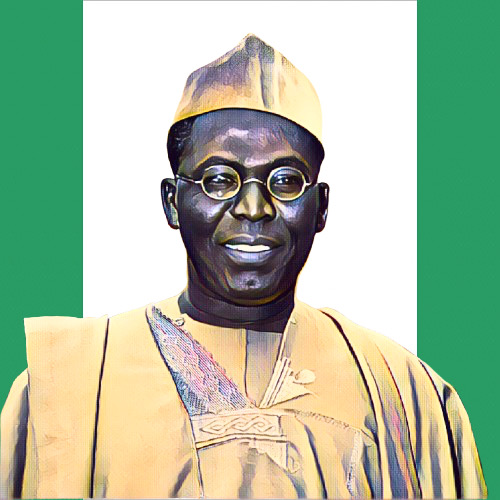KEY POINTS
- Nnamdi Azikiwe led Nigeria to independence as its first president.
- Funmilayo Ransome-Kuti pioneered women’s rights and anti-colonial activism.
- Chinua Achebe redefined African literature with his global literary impact.
There have been many notable figures throughout Nigeria’s history who have influenced the political, social, and cultural landscape of the country. Their contributions have inspired millions of people around the world and impacted the nation’s development, spanning generations.
Below are five Nigerian historical figures whose impact continues to shape Nigeria’s story.
1. Nnamdi Azikiwe
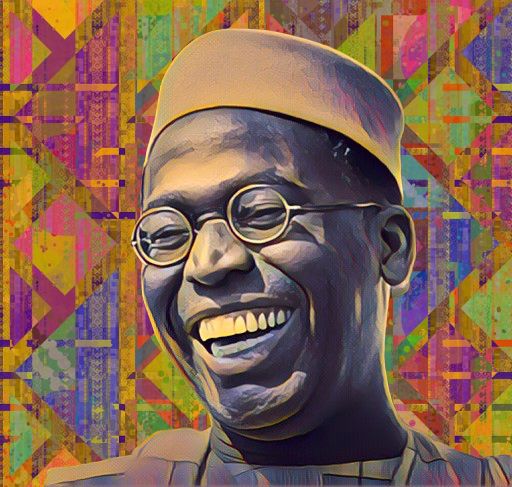
Born in 1904, Nnamdi Azikiwe—dubbed the “Zik of Africa”—was instrumental in Nigeria’s quest for independence. Azikiwe was a fervent journalist and nationalist who started a number of publications advocating for Nigerian unity and self-governance. His support for a unified Nigeria was crucial to the nation’s 1960 declaration of independence from British domination. In 1963, after Nigeria gained its independence, Azikiwe was elected as its first president.
Azikiwe’s efforts toward national cohesion and political activism laid the foundation for Nigeria’s modern political landscape. His vision of a unified, independent Nigeria continues to resonate, making him a national icon.
2. Funmilayo Ransome-Kuti
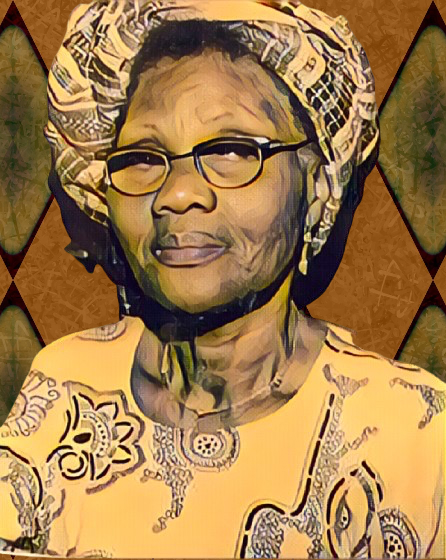
Born in 1900, Funmilayo Ransome-Kuti was a significant political figure and a pioneer in Nigeria for women’s rights. She had a key role in planning demonstrations against colonial practices, especially in the 1940s when she led the Abeokuta Women’s Union in opposition to discriminatory taxes. Additionally, Ransome-Kuti was the first female Nigerian driver, signifying her progressive position in a society dominated by men.
She laid the foundation for following gender equality movements in Nigeria by promoting women’s political representation and education. Nigerian feminists and activists who are still fighting for gender rights today are motivated by Ransome-Kuti’s legacy.
3. Queen Amina of Zazzau
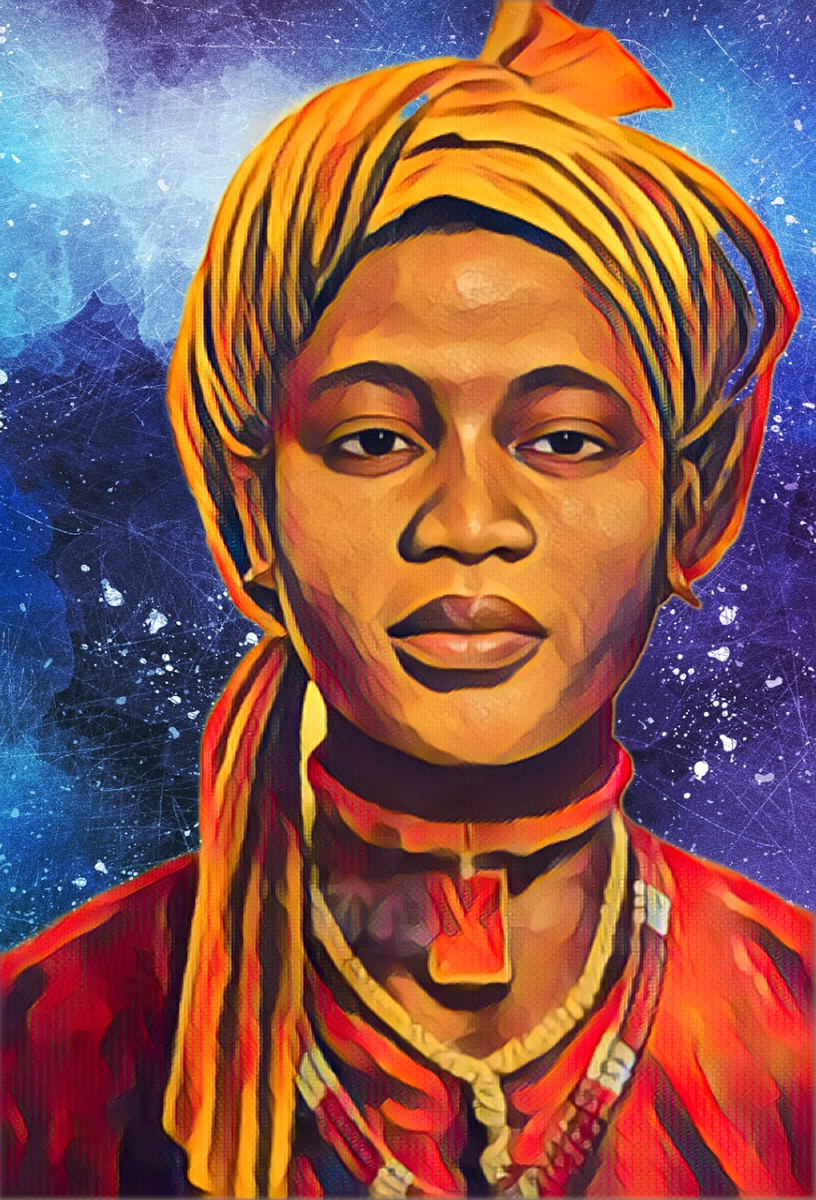
Known for her leadership and military skills, Queen Amina ruled Zazzau (present-day Zaria) in the 16th century. Amina was renowned for her expansionist tactics, which included directing her army to improve trade routes and subjugate neighbouring lands. Amina is credited with transforming Zazzau into a strong kingdom under her rule, and with building walls around cities, a practice that became common in Hausa architecture.
In Africa, Amina’s reign continues to serve as a symbol of female leadership and empowerment, encouraging women to strive for positions of authority in a patriarchal culture. Stories and culture all around Nigeria honour her legacy.
4. Obafemi Awolowo

Obafemi Awolowo, one of Nigeria’s most significant political figures and intellectuals, was born in 1909. During his tenure as Premier, he established free basic education and healthcare in the Western Region, demonstrating his strong support for social welfare and education. Awolowo’s political philosophy was centred on federalism and the advancement of Nigeria’s various regions, to foster unity while honouring the country’s ethnic and cultural diversity.
Nigeria’s government is still influenced by Awolowo’s contributions to the political settings, especially his idea of a decentralized federal structure. Because of his scholarly contributions to Nigerian politics and development, he is commonly referred to as “The Sage”.
5. Chinua Achebe
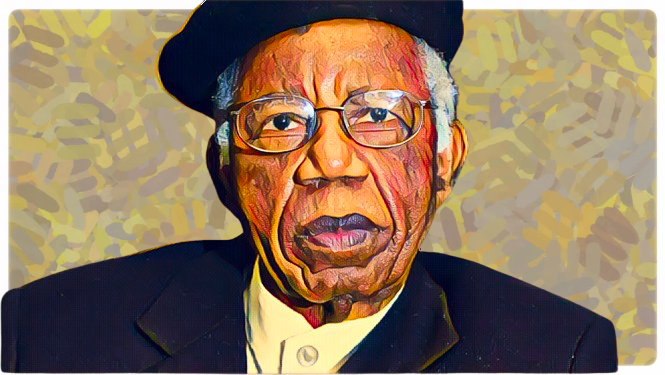
Chinua Achebe, born in 1930, is one of Nigeria’s most renowned literary figures. His novel Things Fall Apart is a seminal work in African literature, portraying the complexities of pre-colonial African societies and the impact of European colonialism from an African perspective. Achebe’s literary works, including No Longer at Ease and Arrow of God, have been translated into over 50 languages, making him one of the most influential African writers.
Achebe’s contributions to literature helped place African voices at the forefront of global discourse on colonialism, identity, and history. He is celebrated as the father of modern African literature, and his work continues to influence writers and scholars worldwide.
These five figures—Nnamdi Azikiwe, Funmilayo Ransome-Kuti, Queen Amina, Obafemi Awolowo, and Chinua Achebe—represent Nigeria’s rich history of leadership, activism, and intellectual achievement. They remind us that Nigeria’s potential for greatness lies in the strength, vision, and determination of its people.


